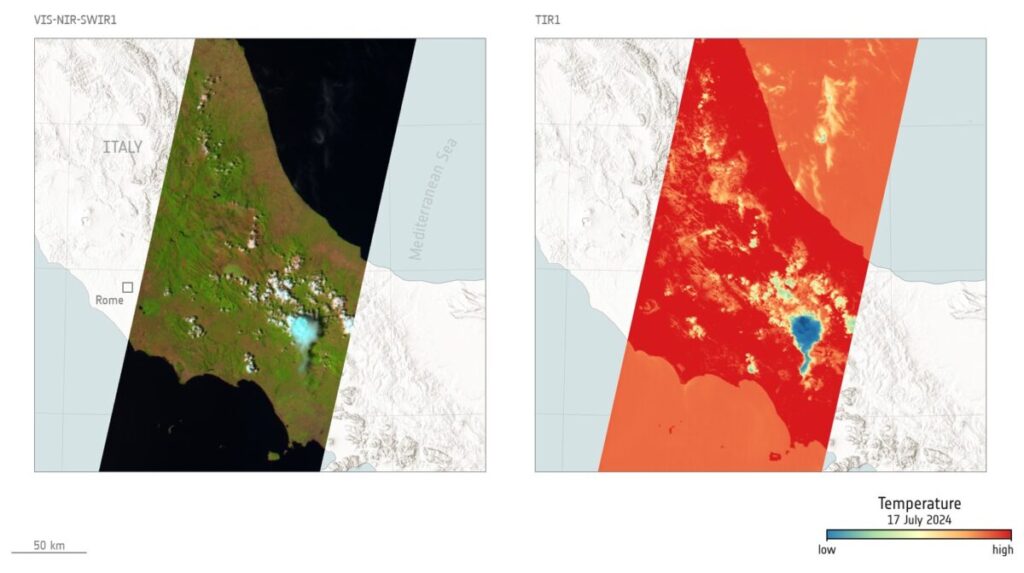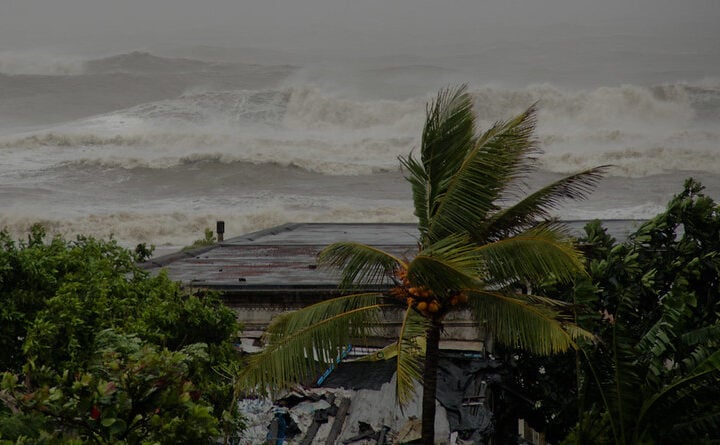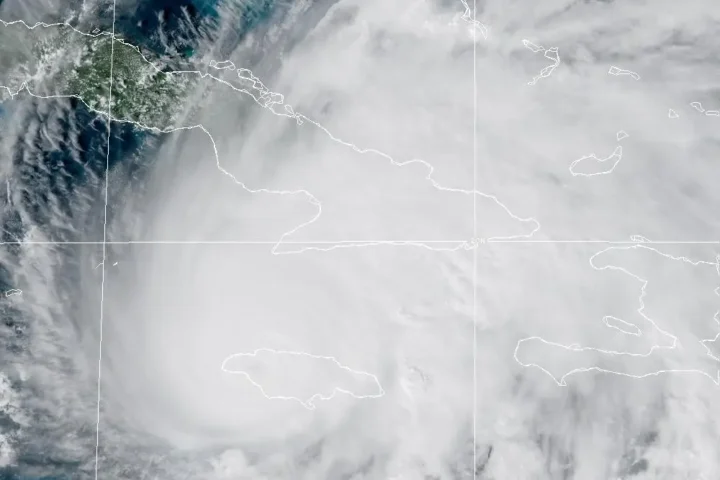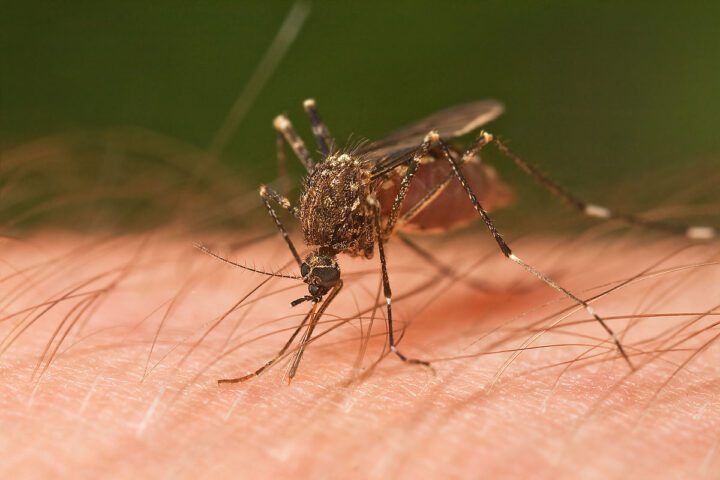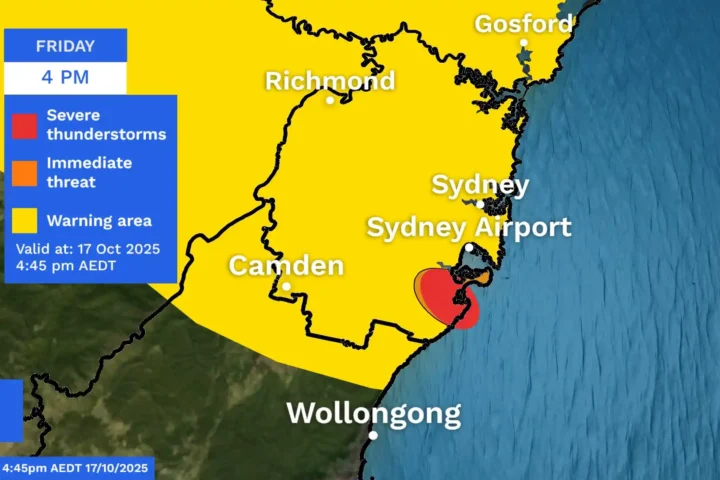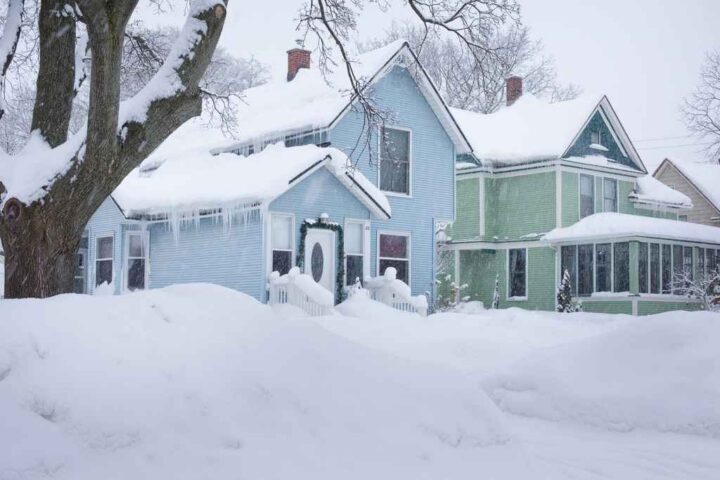Around 175,000 people die each year in Europe from heat-related causes, and that number is expected to rise in line with the planet’s constant warming, the World Health Organization (WHO) warned on Friday. Additionally, it warned that temperatures in European countries are rising at a rate that doubles the global average.
Hans Kluge, WHO Regional Director for Europe, stated that more than 50 countries on the continent are paying the highest price for global warming. He also reminded us that just a few days ago, the planet reached the warmest average temperature ever recorded, 17.16 ºC, with heat waves striking the northern hemisphere.
Kluge added that the three warmest years recorded in Europe have occurred since 2020 and that the hottest decade has been documented since 2007. “In the European region, heat stress is the leading cause of climate-related death in the region,” he said. “Temperature extremes such as those we’re experiencing at the moment are really exacerbating chronic conditions, including cardiovascular, respiratory and cerebro-vascular diseases, mental health and diabetes-related conditions. The extreme heat that we’re experiencing is a particular problem for elderly people, especially those living alone. It can also place an additional burden on pregnant women.”
Kluge highlighted that extreme heat poses a serious problem for the elderly, especially if they live alone, and it can also be an additional burden for pregnant women. In this regard, the WHO has insisted that governments must take measures to mitigate thermal shocks in vulnerable people. More than 20 countries in the European region have such plans in place, but they are not sufficient to protect all communities, pointed out the health agency.
The negative effects of heat and extreme heat on health are largely preventable. “If we are better prepared for a warmer region, we will save many lives, both now and in the future,” Kluge noted.
To cope with heat waves, the WHO recommends several preventive measures:
Stay away from the heat: Avoid going out and engaging in strenuous activities when the sun is at its strongest. Stay in the shade and don’t leave children or animals in parked vehicles. If necessary and possible, spend two or three hours in a cool place, such as a supermarket or cinema.
- Keep the house cool: Use night air to cool the house. Reduce the thermal load inside the house or hotel room during the day by using blinds or shutters, and opening them at night to ventilate the house.
- Keep your body cool and hydrated: Wear light and loose clothing, use light bedding, take cool showers or baths, and drink water regularly, avoiding sugary, alcoholic, or caffeinated beverages that cause dehydration.
- Take care of yourself and others: Monitor family, friends, and neighbours, especially the elderly, particularly if they are alone.
Similar Posts
The WHO defines – “A heatwave is a period where local excess heat accumulates over a sequence of unusually hot days and nights. Heatwaves and prolonged excess heat conditions are increasing in frequency, duration, intensity and magnitude due to climate change. Even low and moderate intensity heat waves can impact the health and well-being of vulnerable populations.”
Heat waves differ from warm periods, although they share many similarities. Warm periods can occur at any time of the year, while heat waves only happen during the warm season.
Among the approximately 489,000 heat-related deaths worldwide recorded annually by the WHO between 2000 and 2019, the European region accounts for 36% of these victims, that is, an average of 176,040 deaths per year during this period. The WHO European region, which extends to Central Asia, is warming the fastest, at approximately twice the global average rate, notes the organisation.
In the last 20 years, heat-related mortality has increased by 30% in the region. ‘Extreme temperatures exacerbate chronic diseases, including cardiovascular, respiratory, and cerebrovascular diseases, mental health issues, and conditions related to diabetes,’ explains the WHO. They are also responsible for ‘heat stress,’ which occurs when the human body can no longer maintain its temperature between 36 and 37 °C, and which is now the leading cause of climate-related mortality in the region.
According to the WHO, the number of heat-related victims ‘will soar’ in the coming years due to climate change, which is responsible for the increase in heat waves in Europe in recent decades. ‘The three hottest years ever recorded in the WHO European region have occurred since 2020, and the ten hottest years since 2007,’ detailed the organisation’s regional director, Hans Kluge, quoted in the statement.
On July 25, UN Secretary-General Antonio Guterres called for action in the face of the ‘epidemic’ of extreme heat and advocated for concrete measures to address this ‘invisible killer.’ Guterres urged attention to vulnerable people, protection for workers exposed to heat, and limiting the global temperature increase to 1.5 °C.

